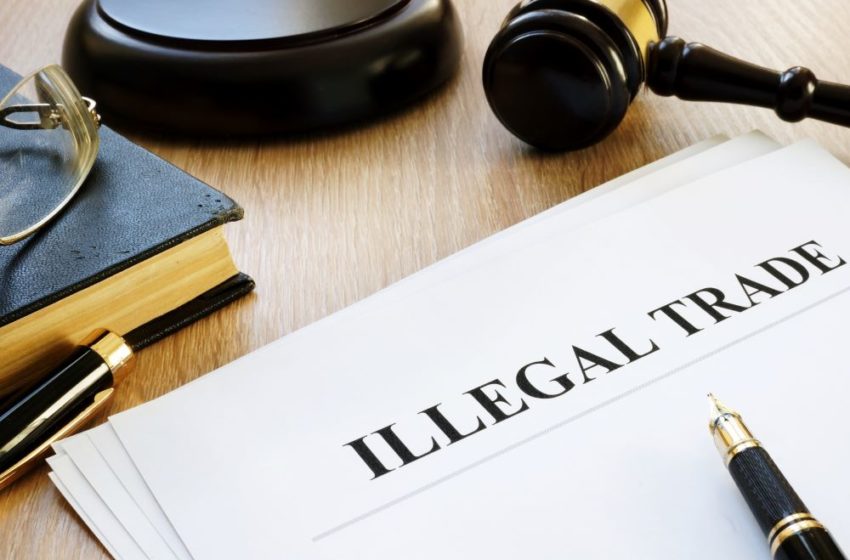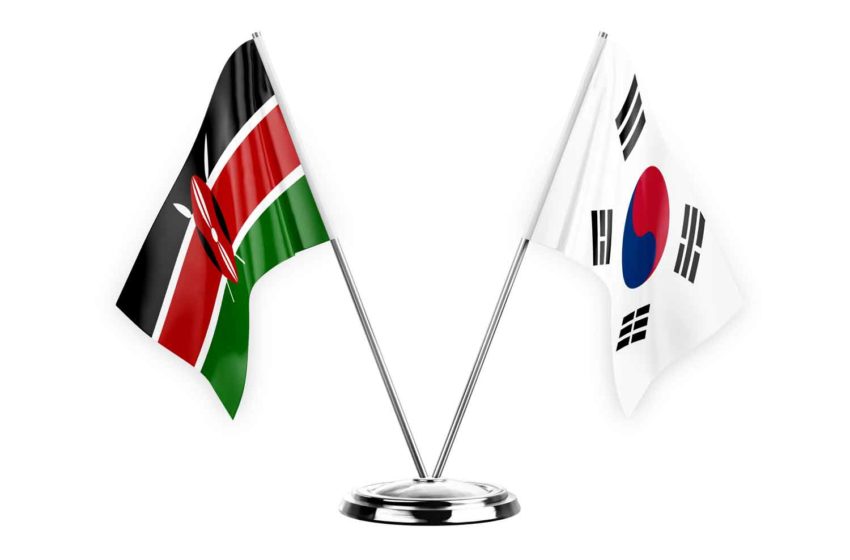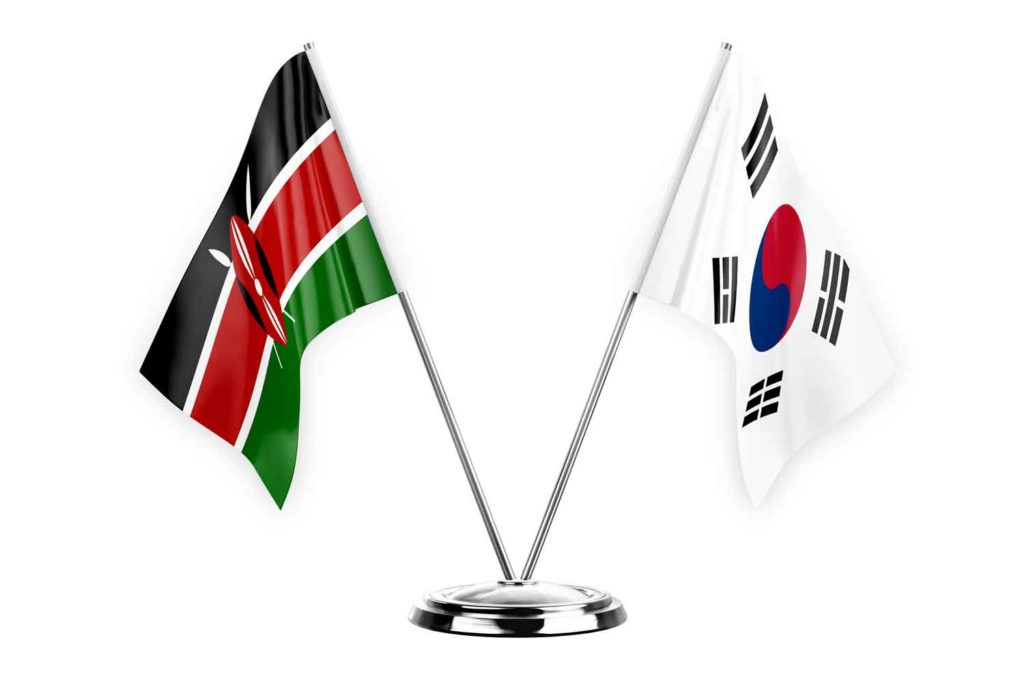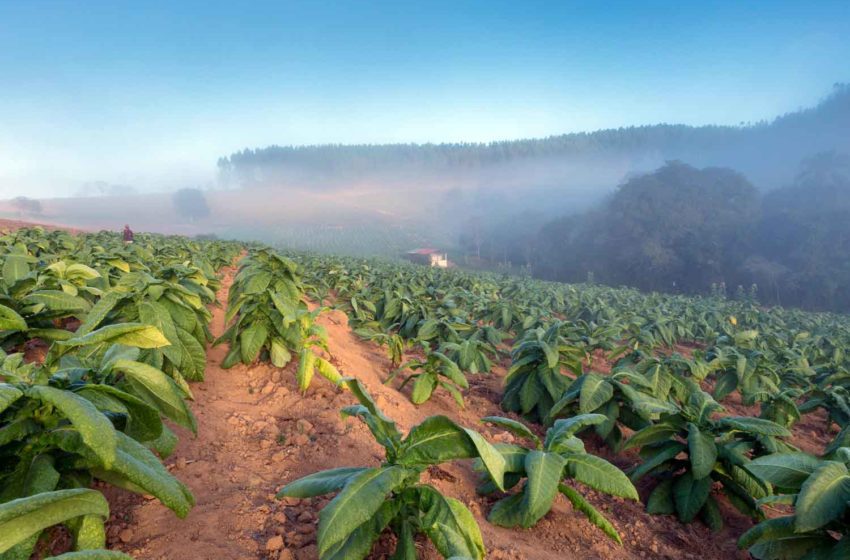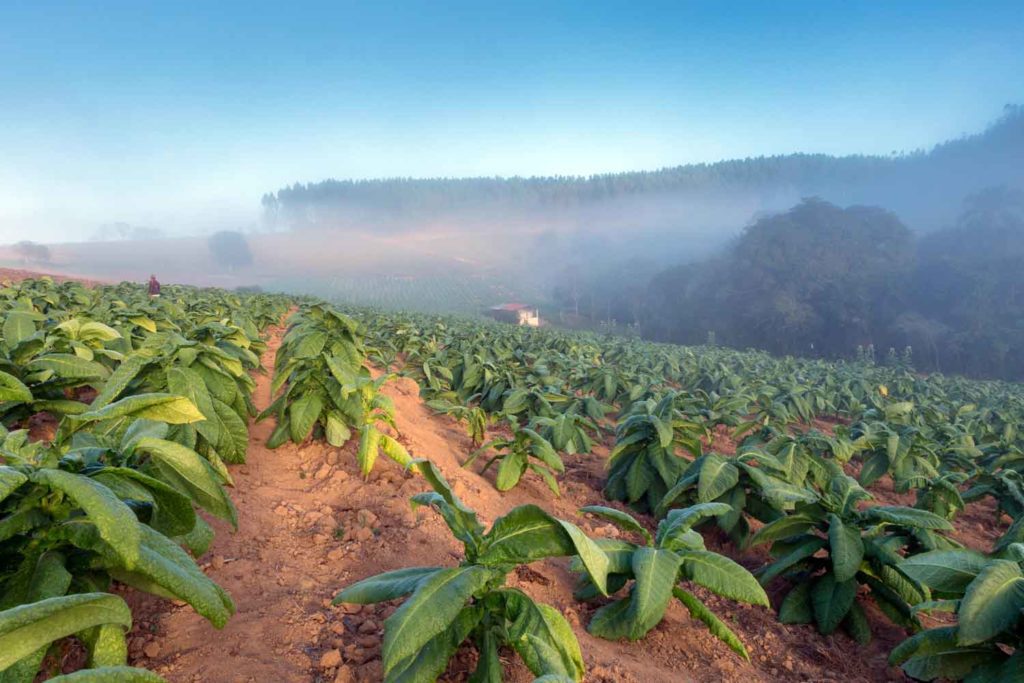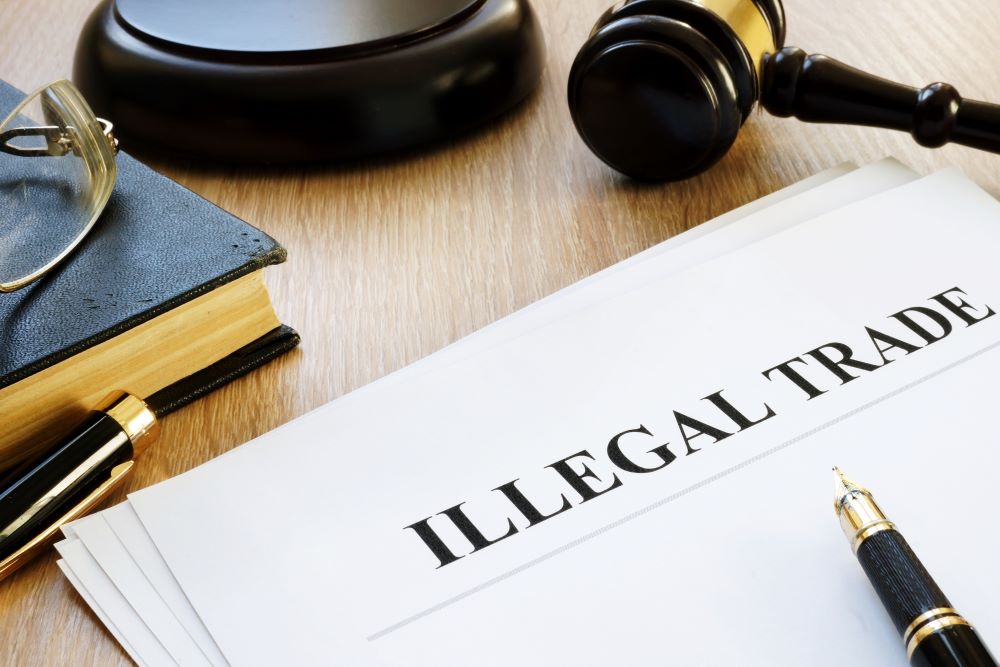
The United to Safeguard America from Illegal Trade (USA-IT) coalition called on Congress to embrace new policies to combat illegal trade, including counterfeiting, smuggling, organized retail theft, drug trafficking and human trafficking, according to a press release following the coalition’s second annual national summit.
Opening the summit, Representative Bennie Thompson said, “Illicit trade not only damages our businesses and economy but can also pose health and safety risks for consumers and even undermines our security. When the government and private sector work together, hand in hand, we’re more efficient and effective at combating this threat. This is about protecting all of America.”
“Fighting these organizations for more than a decade, I’ve seen firsthand how the seemingly innocuous trafficking of illicit tobacco and nicotine products, like cigarettes and e-vapor products, has very serious consequences,” said Kristin Reif, director of government relations for Philip Morris International, at the summit. “But criminals don’t just traffic in one commodity; they will traffic in anything that earns them a dollar, whether that’s luxury purses or drugs or even human beings. That’s why USA-IT is so crucial—by bringing together such a diverse group of stakeholders, we can bring this pervasive problem into lawmakers’ focus and can more effectively counter the threat of illegal trade.”
The summit included five panel discussions from experts from companies, law enforcement, academia and policy.
USA-IT was launched in June 2021 and now works across 15 states facing illegal trade issues. USA-IT offers information and training programs for local officials and law enforcement and raises public awareness of the issues surrounding illegal trade.

